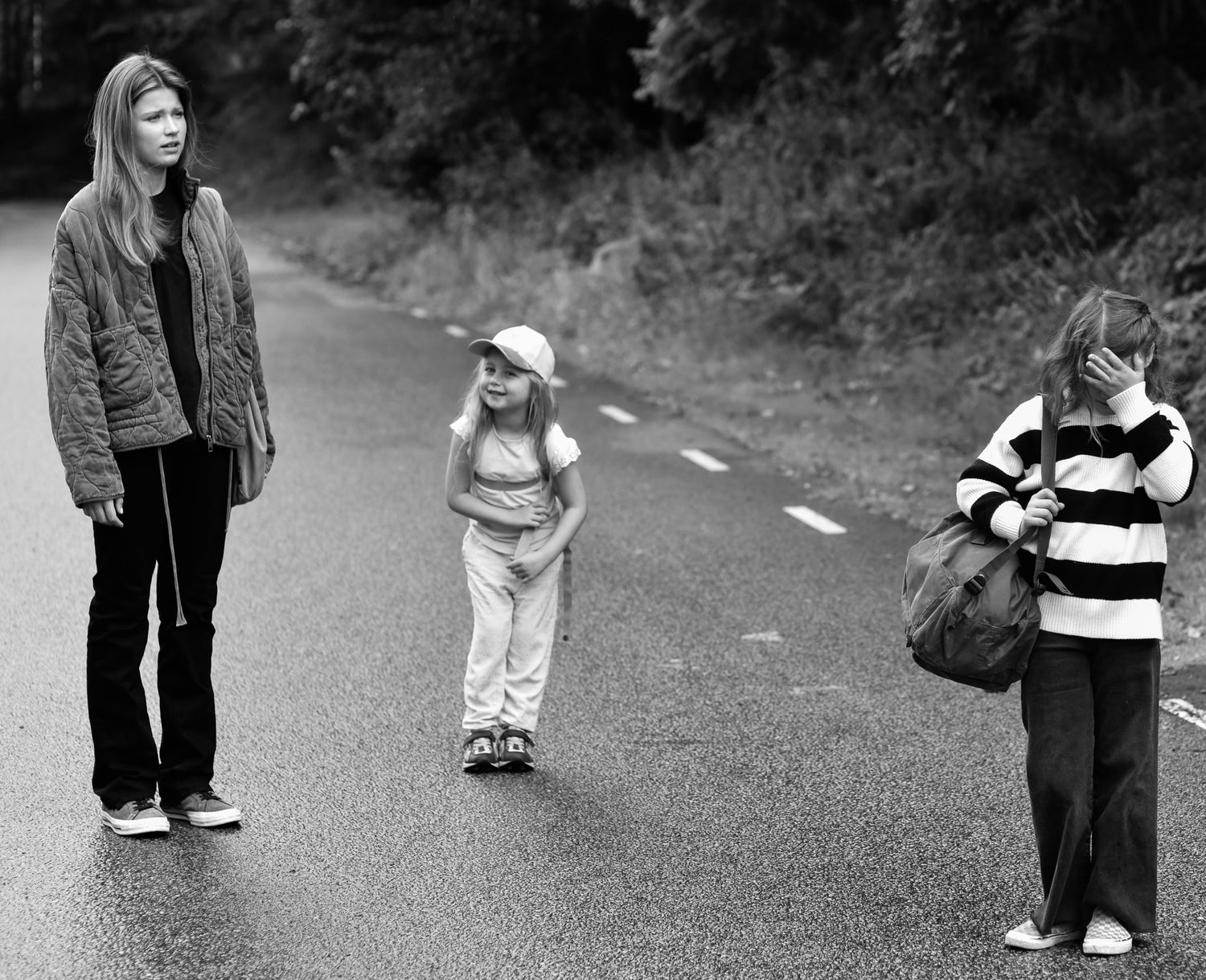




PRODUCT DESCRIPTION
- 15 high quality cards
- On each card a unique everyday situation is represented
- To each situation there are questions designed by leg. psychologist
- The cards are illustrated to arouse curiosity & imagination
- Large and easy to handle (A6)
- Can be used from 6 years and throughout life.
Which Everyday situations
- Morning
- Evening
- Weekend
- Extracurricular Activities
- Food
- School
- Adolescence
- Friends
- Routines
- Household
- Entertainment
- Sleep
- Work
- Siblings
- How was your day

Hard to catch

The Conversation Cards are a support if you are struggling with everyday life.
Emotion Cards: Everyday is for those who are struggling with everyday life and want tools to reduce stress in everyday life. The cards are best suited for children age 6 and up.
Why do we stress in everyday life and how can we reduce stress in everyday life with emotion cards?
There is not enough time: Work, household chores, and taking care of children can be exhausting. Many parents feel the stress of never being enough or having enough time.
Adult's high expectations: Parents should be present and engaged, but at the same time reach their own goals, be social and be successful at work. The pressure to be perfect and fill many roles at the same time can be exhausting.
Academic pressure and performance: Many children feel pressured to perform, both in school and in extracurricular activities. Overcrowded schedules can create stress and a sense of powerlessness when one does not comprehend or have an overview of their own routines.
Social Media: Both children and adults are exposed daily to social media and the direct or indirect expectations that come with it. Being constantly connected and managing the digital world requires something extra from both the young and old.
Routines: Not having routines, changing routines, or having too many routines can often be a source of stress for many families. Everything from altered sleeping habits, to eating habits, to not quite understanding what is expected of one's self can be difficult for both children and adults.










